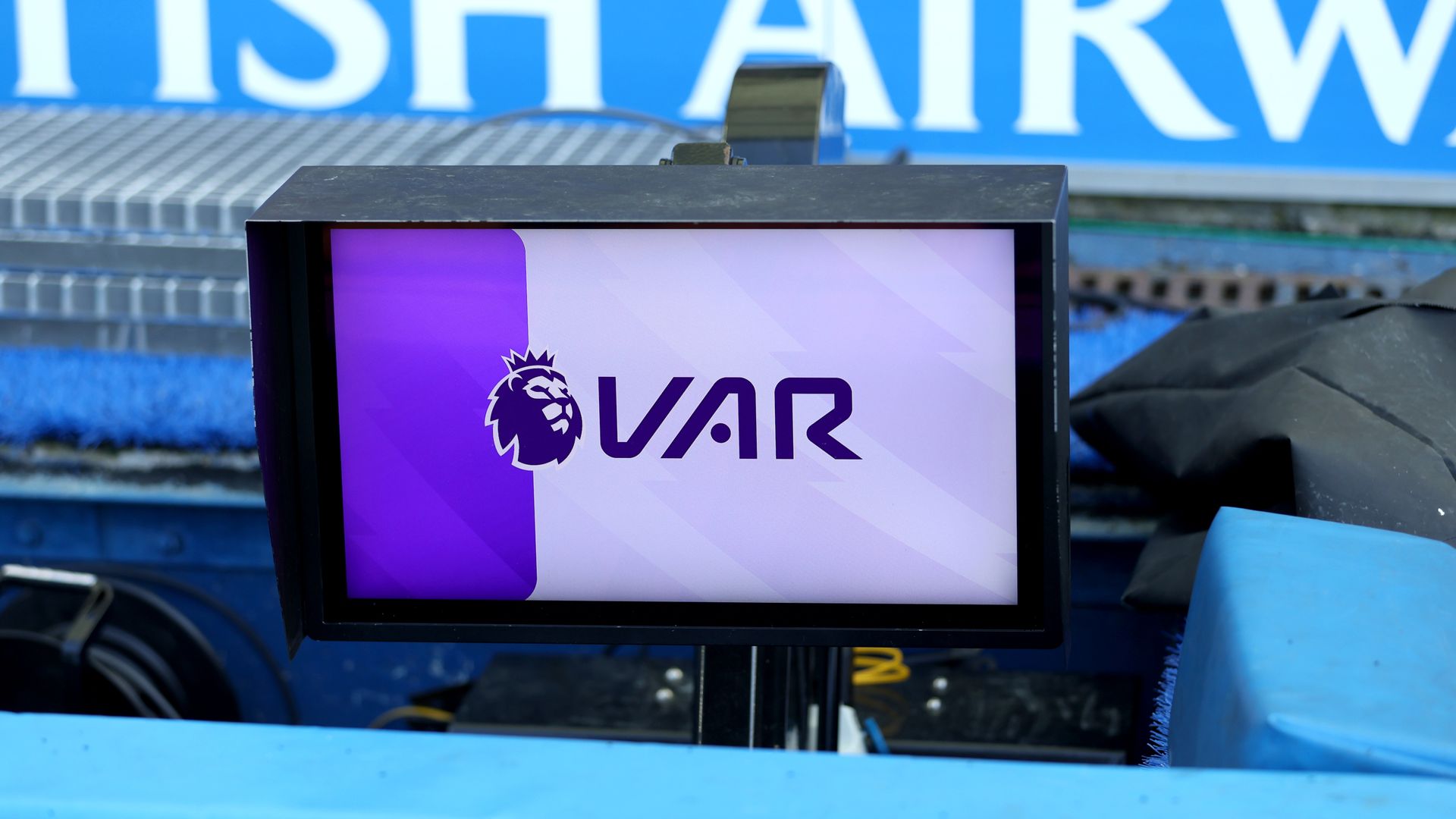
Lennix Lai, managing director of Global Institutional at OKX spoke with Cointelegraph about what it means to be transparent in a post-FTX and SVB crypto industry.
The global cryptocurrency exchange OKX released its fifth edition of its proof-of-reserves (PoR) report, which it began releasing in Nov. 2022 in its effort for more transparency in the industry.
According to the latest edition, OKX holds $8.9 billion across Bitcoin (BTC), Ethereum (ETH) and the Tether stablecoin (USDT). This puts the reserve ratios of BTC, ETH and USDT at 103%, 103% and 102%, respectively.
This latest release also comes as the exchange upgraded its PoR system with more transparency by making full liabilities (i.e. the total balance of user deposits) publicly accessible.
Cointelegraph spoke with Lennix Lai, the managing director of Global Institutional at OKX, regarding these extra steps towards transparency.
Lai said that recent events in industry highlight that, “crypto-native challenges require crypto-native solutions.”
“The blockchain and crypto/Web3 industry is built on technology that enables trustless transactions on public blockchains, and this inherent transparency is incredibly valuable.”
Many exchanges in the industry – like Binance, Crypto.com and Bybit – have released such Merkle-Tree-based verification proofs in an effort to preserve the integrity of the industry after the FTX liquidation scandal.
“The FTX crisis had a silver lining in that it made successful firms double down on security and transparency and motivated the industry to innovate in this area.”
Lai said the new mantra of the industry is “don’t trust – verify.” He said over 300,000 users have already viewed the reserves or verified their liabilities in the OKX ecosystem.
The new transparency mechanism that made the total balance of user deposits visible to the public maintains user privacy nonetheless, through splitting and shuffling account liabilities in the tree through a solution known as ‘splitting leaf nodes.’
According to Lai, OKX will also be adding zero knowledge proof to our PoR in the coming weeks.
Related: Tether’s assets exceed liabilities in new reserves report by BDO
After the crash of Silicon Valley Bank (SVB) transparency in the greater financial industry has become even more of a talking point. Lai said during times of uncertainty, such as the banking crisis:
“Proof-of-reserves can provide users with real-time, on-chain verification of reserves and liabilities through transparent technology – in this way traditional finance differs from crypto.”
However, back on Mar. 8, the Public Company Accounting Oversight Board, a U.S.-based watchdog overseeing audits of public companies, issued a warning to investors about PoRs. The board said these reports “don’t provide any meaningful assurance to investors or the public.”
Nonetheless, companies in the crypto industry continue efforts in transparency. On Feb. 10 Binance also upgraded its PoR system to include zk-snarks.





